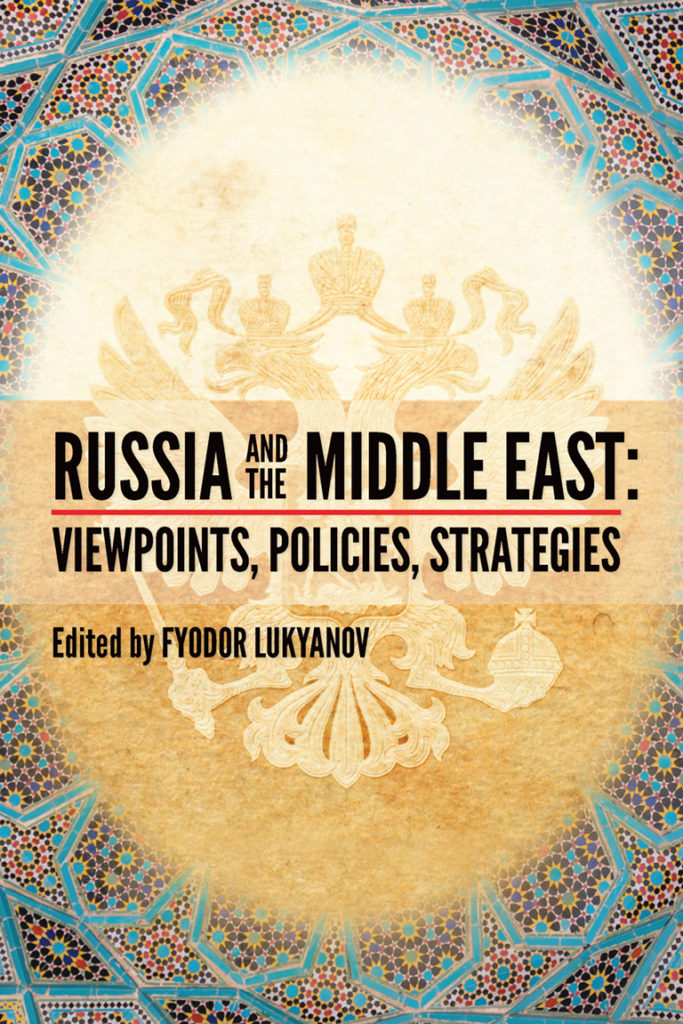Russia and the Middle East
Viewpoints, Policies, Strategies
This collection of articles and essays paints an intriguing portrait of Russia’s Middle East vision and how it has developed over the last two decades. Carefully selected by Fyodor Lukyanov, editor in chief of the acclaimed journal Russia in Global Affairs, many of these pieces are written by officials who played a direct part in crafting Russian policy in this dynamic region: from the late Yevgeny Primakov, prime minister under both Yeltsin and Putin; to longtime Foreign Minister Sergei Lavrov, UN adviser Vladimir Orlov, and Energy Minister Aleksandr Novak.
Russia and the Middle East also features contributions from reputable scholars on a range of topics that include regional conflicts, the Arab Spring, terrorism, Islamic doctrine, demographic trends and much more. These experts, diplomats and state leaders address challenging, relevant questions such as:
- Why did Russia choose Syria as the place to reassert itself as a superpower?
- How do Russia’s geopolitical interests in the Middle East coincide and conflict with those of the West?
- What repercussions has the Arab Spring had on the region and the world as a whole?
- How can the global community address the problem of terrorism?
- What economic opportunities does this region offer?
- Does the Middle East hold the key to a “new world order”?
The issues examined in this collection will engage a wide audience of researchers, students and policymakers who have even peripheral interest in the Middle East, the Muslim world, and Russian geopolitical perspectives.
